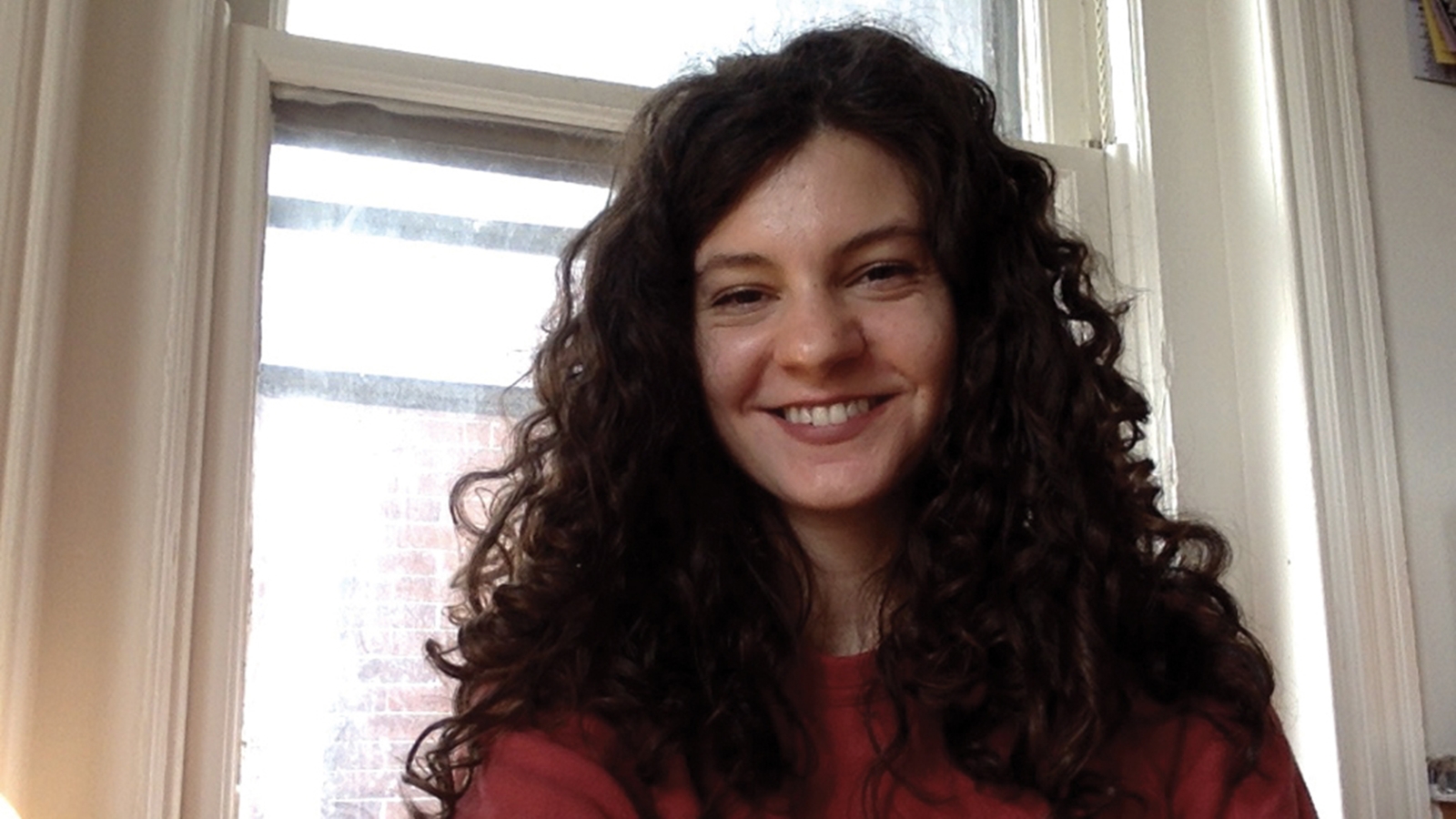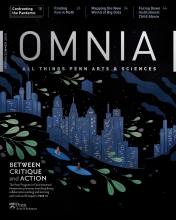Food and Farming During the COVID-19 Crisis
Hannah Kass, LPS’20, on the U.S. food supply and the challenges facing farmers.

Shortages at grocery stores following the arrival of COVID-19 in the U.S. have raised concerns about food availability. Hannah Kass, a Master of Environmental Studies student in the College of Liberal & Professional Studies, recently published the op-ed “Breaking Up Big Ag Requires Reasonable Antitrust Enforcement” in The Regulatory Review. She researches food sovereignty, agroecology, political economy, and food regimes, and has conducted ethnographic fieldwork with organic farmers.
According to Kass, a shortage of food itself is not the problem in the U.S. “In fact,” she explains, “food has been overproduced and prices are now too low for many farmers to adequately sustain themselves.” Farmers who are contracted with agribusiness and growing crops for export have been receiving an unfair price for their product for decades, she says.
While there is plenty of food, Kass continues, equitable distribution was an already-existing issue that will worsen during the crisis. Local farmers are facing the loss of outlets like farmer’s markets and restaurants. The closure of restaurants and specialty stores in areas with shelter-in-place orders, along with the lack of school meals and job losses, may mean people will go hungry.
She recommends a number of solutions: channeling some of the supply into reserves and food banks, and federal funding of delivery services. Beyond that, she argues the U.S. federal government needs to invoke the policies included in the Agricultural Adjustment Act of 1933, which included price supports and supply management. “We need to be thinking in the same ways we did then, because from an economic point of view, history is repeating itself,” Kass says. She also urges more sustainable livestock farming, as well as shorter supply chains and vigilant food safety regulatory measures.
On finishing her degree from her home in West Philadelphia, Kass reports, “It’s a little strange, but I have to say that I am very grateful to be able to continue my education and connect with my colleagues, even over video chat. My ‘quaroutine’ has consisted of waking up, saying my prayers over coffee, pulling a tarot card, and chipping away at the final month of my master’s degree.”




